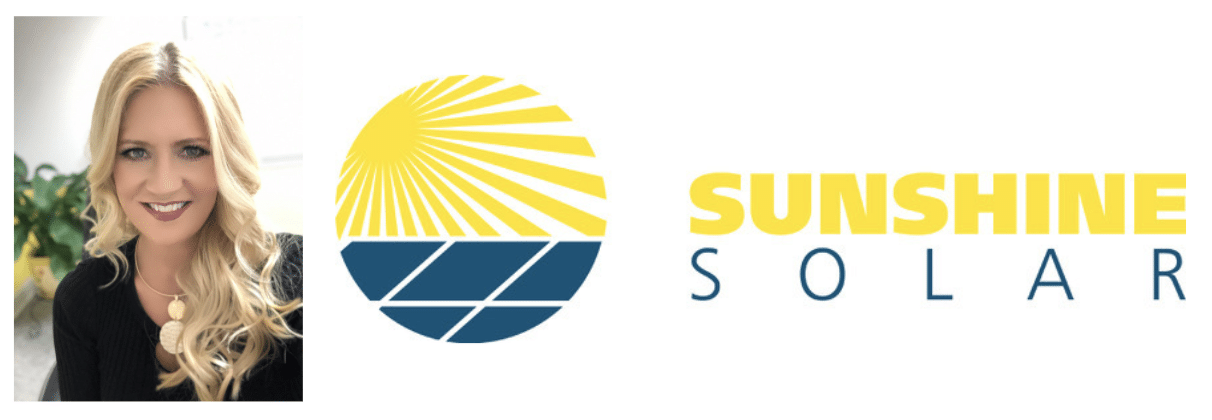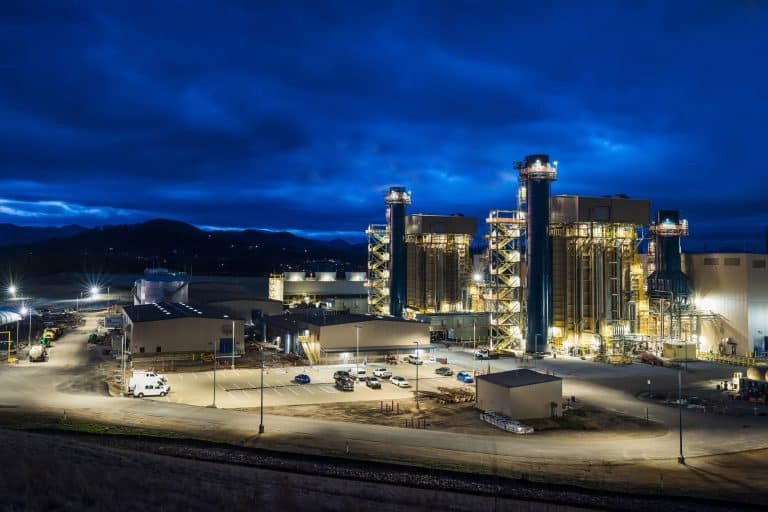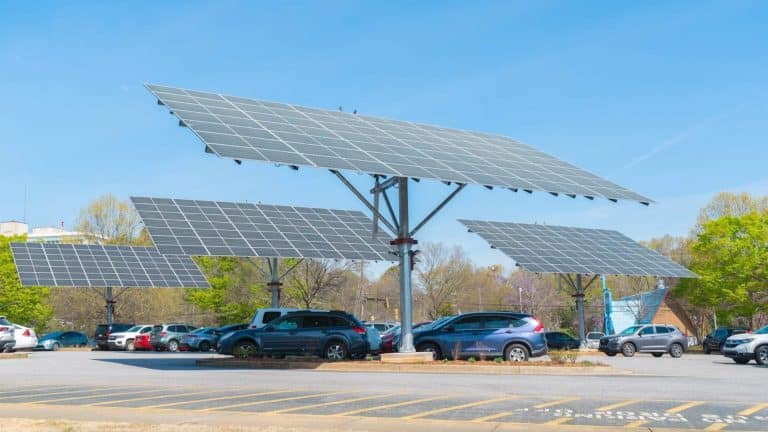Solar power has held the title of the “fastest growing industry” in the United States for several years. 1-out-of-every-50 new jobs are in the solar industry, and 50% of all energy jobs by 2030 will be in renewable energy!
This trend is especially prevalent in the Southeast United States, and particularly in Georgia. According to the most recent Solar Jobs Census (February 2020), “Georgia solar jobs increased by 30%, the highest rate of growth in all 50 states.” But even that is still not enough to keep up with the state’s growing demand for solar electricity. Companies like Sunshine Solar in Marietta, Georgia, are looking for these skilled workers and ready to hire them today in order to meet this growing demand.
“Solar in the Southeast”, an annual report from SACE, projects a doubling of solar in the region over the next three years. Georgia will contribute substantially to that growth.
To get more context on recent industry trends, projected demand, and the impending workforce shortage, I reached out to my friend Emilie O’Leary, Founder and CEO of Sunshine Solar. In our recent interview transcribed below, she shares her insights and perspective from years in the Georgia solar field.

Bryan Jacob, (SACE): Hi, Emilie. How are you?
Emilie O’Leary (Sunshine Solar, LLC): I’m doing wonderful!
Bryan: You’re the Founder and CEO of Sunshine Solar but our readers may not be familiar with that name. So can you start by describing what Sunshine Solar does?
Emilie: Sunshine Solar is one of the largest mechanical solar installers in the US. We specialize in driving piles, installing racking and panels for commercial projects. We also build solar carports and rooftops.
Bryan: So I’ll interpret Sunshine Solar kind of like the “Intel-inside” for these solar projects. And you’re also a certified Woman-owned business?
Emilie: Yes, we are. I co-founded the company in 2016, sold the company in 2020 to Steve Newby and his wife Kristina Newby. I continue as the CEO and the company remains WBENC certified since 2018.
Bryan: I know you’re based just outside Atlanta, but how broad is the territory you cover?
Emilie: We work in all the southern states – Georgia, Florida, Alabama, Tennessee, Kentucky, Mississippi, Arkansas, East coast states including North Carolina, South Carolina, Virginia, New York, New Jersey. Midwest states include Ohio, Michigan, Pennsylvania, and we will go as far as Texas and Colorado.
Bryan: Well, I’d like to focus on Georgia. At SACE, one of the things we say is that “good solar policies = great solar jobs.” We pushed hard at the PSC [Public Service Commission] for a significant expansion of solar in Georgia Power’s 2019 IRP [Integrated Resource Plan]. And that was successful; they’ll be commissioning more than 2,000 MW of solar over the next three years. Is the workforce in Georgia sufficient to support that?
Emilie: No, or at least not for long. This is one of the main things I want your audience to understand. There are barely enough skilled workers to meet the state’s current level of solar deployment. So to meet the demands associated with an increase in the pace of solar deployment, we’re going to need a larger workforce in Georgia. We have job openings right now in anticipation of this need.

Bryan: I always view the solar market as driving the job market. I would certainly hate to think of the job market being a limiting factor in how fast we can scale clean energy. Did you say you have jobs available right now?
Emilie: Yes. We need more skilled workers ready to be part of the clean energy revolution, and we are prepared to give students the on-the-job training they need to be successful. We just can’t find enough interested job seekers, and unfortunately, the turnover rate in this area has historically been high.
Bryan: Is this unique to Sunshine Solar or is it industry-wide?
Emilie: It’s certainly not unique to Sunshine. I hear it all the time with my colleagues. I talk to my peers and their experiences are similar. In fact, we’re competing with them for the limited workforce. The crazy thing is once one project is finished, the same crews will often jump to the next project, so different companies sometimes share the same workers.
Bryan: What kind of jobs are in the highest demand?
Emilie: For us, it’s the solar installers. These are individuals that are building the racking systems and installing the panels. However, we are seeing the same trend in the Safety positions. Onsite safety supervisors are also in high demand.
Bryan: Are these what we might call “green collar” jobs?
Emilie: Yes, or I’d like to call them “trade collar” jobs. It does require specific skills in the industry.
Bryan: How do the wages for these jobs compare to, say, other construction jobs?
Emilie: I feel they are very competitive and meet the same pay as construction jobs, especially when it comes to Operators.
Bryan: What kind of qualifications does someone need for these jobs?
Emilie: Experience in the solar industry is a plus but not mandatory! However, we are seeing many individuals come from warehouses or manufacturing plants that have closed due to Covid and want to move into solar.
Bryan: If someone doesn’t already have the necessary skills – say they’re interested in a career change – are training programs available?
Emilie: We have seen several training programs offered in the state of Georgia, mostly online now due to Covid. However, we can train individuals onsite at our jobs. If they can work hand tools and are motivated to learn they would be a great fit to Sunshine Solar.
Bryan: Where can our readers find out about the jobs you currently have available?
Emilie: On our website: sunshinesolar-llc.com/careers
Bryan: Is there anything else you’d like our readers to know?
Emilie: We really want diversity in our workforce at Sunshine Solar so we are always partnering with organizations that want to help fill our pipeline of workers. We try to hire the best people and want to keep them and promote within.
Bryan: Emilie, thank you so much for taking the time to shed some light (pun intended) on this critical aspect of the solar industry. Have a nice day.
Since 1985, the Southern Alliance for Clean Energy has worked to promote responsible and equitable energy choices to ensure clean, safe, and healthy communities throughout the Southeast. Learn more about our work to advance solar energy at cleanenergy.org/solar.


